Even native Japanese readers had trouble spotting the problem in collaboration announcement.
Katakana
Katakana is usually for foreign words, but there’s a whole class of Japanese-grown rice that has katakana names.
This isn’t the type of self-service they were meaning.
The new era name doesn’t have any of the kanji characters for “Shinzo Abe,” but some people saw the politician’s name all the same.
Find out how you can create the name of a prefecture simply by moving just one of these matchsticks.
We’re back and ready to take on the third, and most puzzling, type of Japanese text: katakana.
With the 26 letters of the alphabet, we can make pretty much any sound present in the majority of languages. But Japanese just doesn’t contain certain sounds present in English, like “th” or “v”, and their “r” is somewhere right between our “r” and “l”, making them sound almost exactly the same to Japanese ears.
Since most Japanese people grow up only speaking Japanese, it means that when they start learning English at school, they either have to learn entirely new sounds (difficult) or else try to render English in Japanese sounds (which isn’t accurate). As a result, many Japanese English learners feel a lot of anxiety over the accuracy of their pronunciation. But should that really be holding them back?
Remember the Chinese character phase? Back in the early 2000s you could see Chinese characters everywhere from T-shirts to tattoos. While the trend still continues to some extent today, once people started realizing that you should probably double-check the meaning before going out in public, it has definitely slowed down.
Maybe Chinese symbols have a sort of stigma now, but that is not stopping major designers from branching out into the other styles of Japanese writing, namely katakana. This new trend is being used by brands all over the world, from Adidas to Stussy.
When it comes to Japan’s three writing systems, kanji, hiragana and katakana, it’s the most complex of the lot that usually gets the most attention. The numerous lines and strokes involved in kanji pictographs are so revered that people nominate one at the end of every year to represent the mood of the nation. Even foreigners across the world are taken by their meaning and beauty, with many committing a patch of skin to their favourite (sometimes completely wrong) kanji in tattoo form.
But what about the least utilised member of the group, the katakana characters used for foreign words? Well it looks like they’re finally getting a bit of love, with a recent survey being conducted among foreign residents in Japan to determine the coolest looking symbol in the katakana syllabary. Place your bets now for which one comes out on top!
YouTuber and full-time Japan fan Sharla is back this week with a brand new video. After bringing us exploding condom ice cream and giving us a peek inside one of Japan’s typical love hotels, she’s currently back in her native Canada and just for kicks decided to try out a few English loan words that appear in the Japanese language on her non-Japanese-speaking friend.
As we’re about to see, despite the majority of these words originally coming from English, once pumped through the Japanese lexicon and read back to a native English speaker they make almost zero sense. The full, laugh-out-loud video after the jump.
As mentioned many times before on this site, the modern Japanese language uses a set of characters to represent foreign words called katakana. Such characters are used for foreign place names such a Beverly Hills (ビバリーヒルズ) or people like Mahmoud Ahmadinejad (マフムード・アフマディーネジャード).
However, this feature of Japanese has been criticized by some for allowing the purity of the language to be polluted by foreign influences. It can also cause confusion by creating English words that have different meanings than the original.
That being said, for foreigners visiting Japan with a limited knowledge of the language this list may prove invaluable. Excluding the obvious classics like “OK” (オケ) and “McDonald’s” (マクドナルド) here are some relatively newer loan words ranked by understandability in Japanese.
Sometimes obvious things are hidden right in plain sight and it takes the fresh perspective of someone in another part of the world to point it out. One Twitter user stumbled on such a hidden gem recently when searching the Japanese character for “tsu” , which in the katakana alphabet is written ツ.
As you can probably see from the image above and in the text of the previous sentence, the letter looks quite a lot like a smirking face. This may appear obvious to many Western readers, but according to online reaction most Japanese netizens were taken by surprise at this discovery and had never noticed the similarity. Perhaps even more surprisingly, the character is also apparently getting an unusual amount of use in Middle Eastern countries.
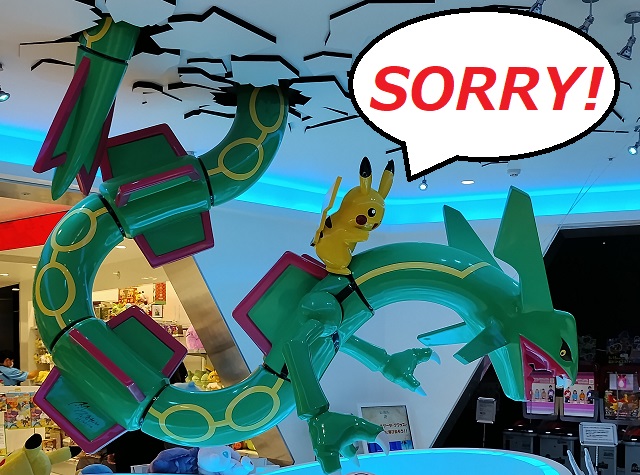
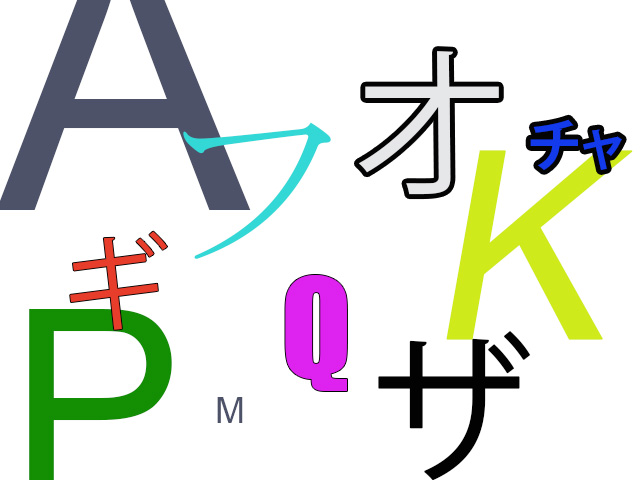
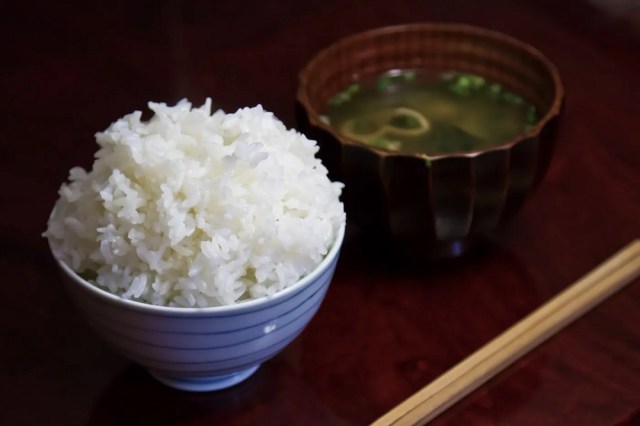
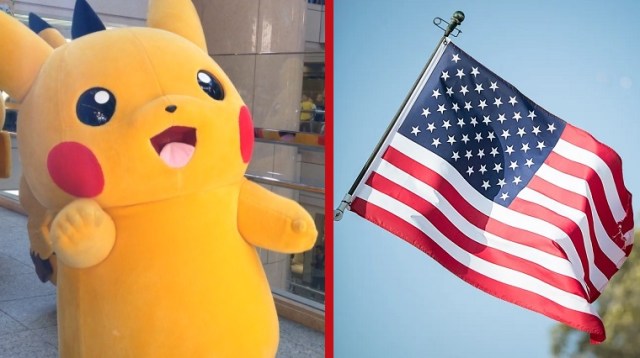
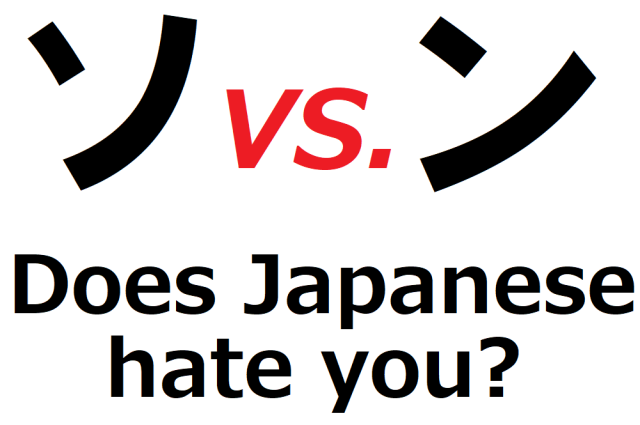

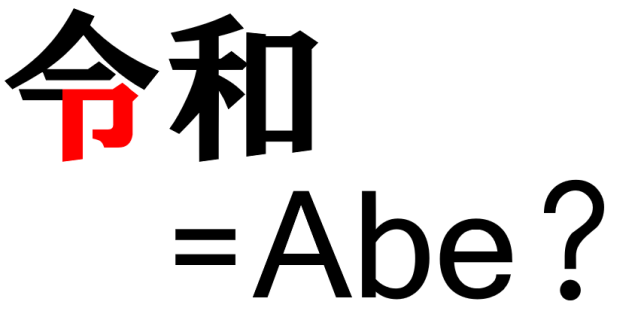
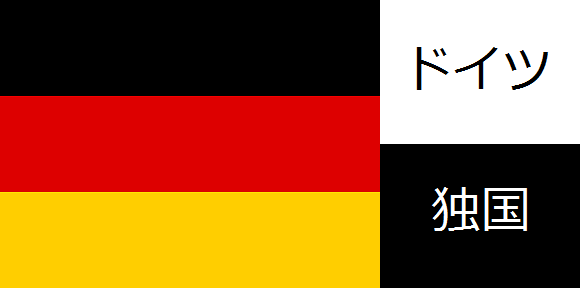
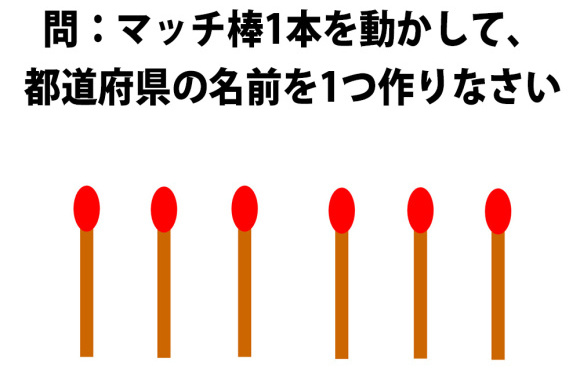
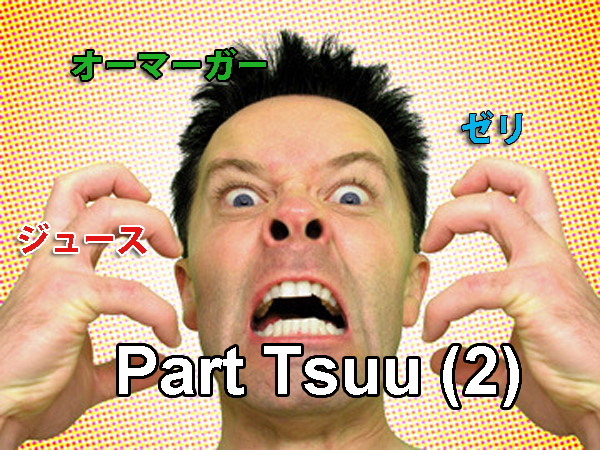
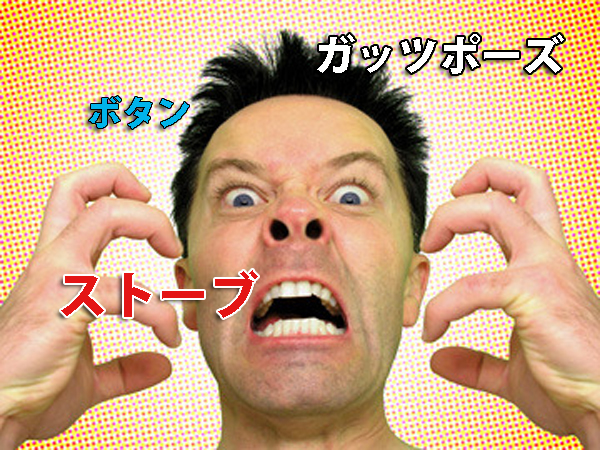
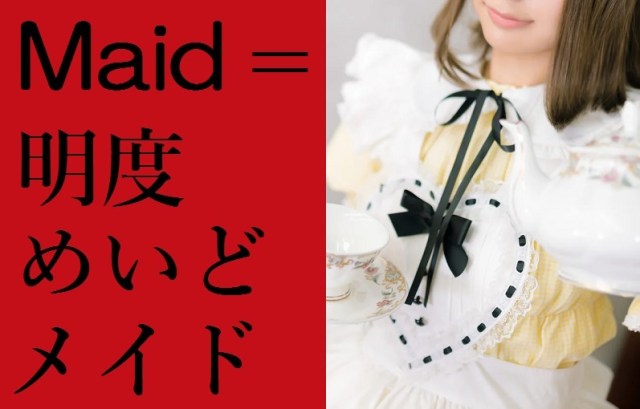
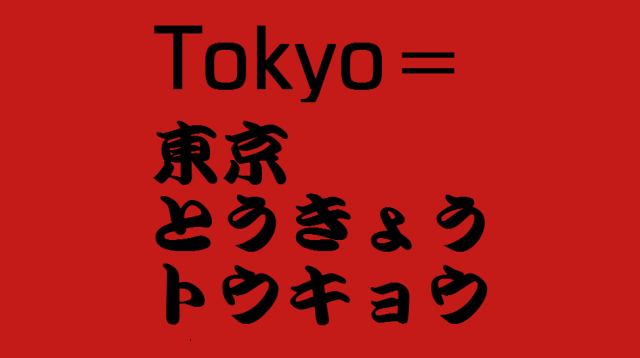
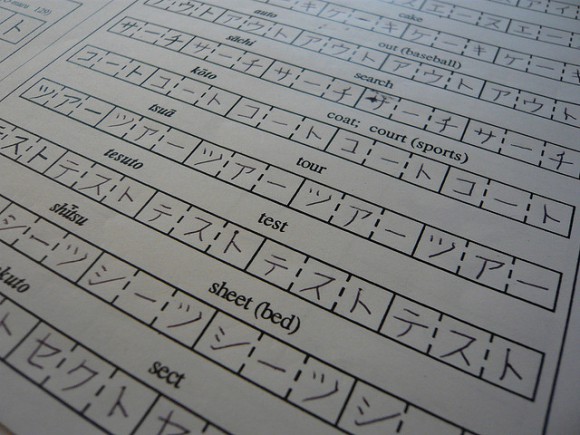

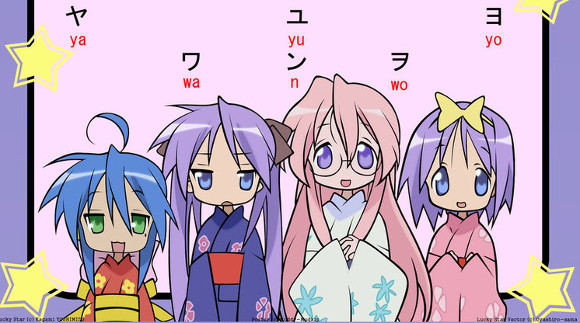
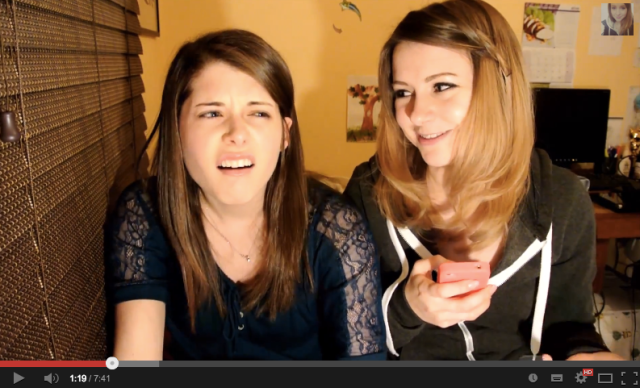
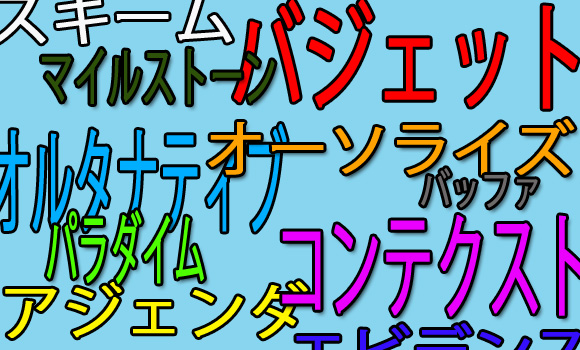
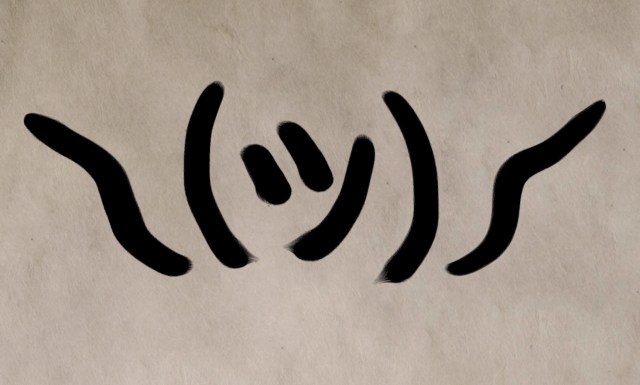
 Japanese ramen restaurants under pressure from new yen banknotes
Japanese ramen restaurants under pressure from new yen banknotes New private rooms on Tokaido Shinkansen change the way we travel from Tokyo to Kyoto
New private rooms on Tokaido Shinkansen change the way we travel from Tokyo to Kyoto McDonald’s new Happy Meals offer up cute and practical Sanrio lifestyle goods
McDonald’s new Happy Meals offer up cute and practical Sanrio lifestyle goods French Fries Bread in Tokyo’s Shibuya becomes a hit on social media
French Fries Bread in Tokyo’s Shibuya becomes a hit on social media We tried Korea’s way-too-big King Tonkatsu Burger at Lotteria 【Taste Test】
We tried Korea’s way-too-big King Tonkatsu Burger at Lotteria 【Taste Test】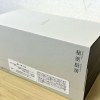 Secret Kitchen bento serves Japanese flowers, birds, wind and moon in a box, but is it worth it?
Secret Kitchen bento serves Japanese flowers, birds, wind and moon in a box, but is it worth it? Mt. Koya planning to instate visitor’s tax to cope with huge tourist numbers
Mt. Koya planning to instate visitor’s tax to cope with huge tourist numbers Japanese company starts project to restore Nakagin Capsules to capsule hotel
Japanese company starts project to restore Nakagin Capsules to capsule hotel A trip to hell on Japan’s ‘vomit ship’: Is it as bad as everyone says it is?
A trip to hell on Japan’s ‘vomit ship’: Is it as bad as everyone says it is? Studio Ghibli releases new action figures featuring Nausicaä of the Valley of the Wind characters
Studio Ghibli releases new action figures featuring Nausicaä of the Valley of the Wind characters All-you-can-drink Starbucks and amazing views part of Tokyo’s new 170 meter-high sky lounge
All-you-can-drink Starbucks and amazing views part of Tokyo’s new 170 meter-high sky lounge More foreign tourists than ever before in history visited Japan last month
More foreign tourists than ever before in history visited Japan last month Starbucks reopens at Shibuya Scramble Crossing with new look and design concept
Starbucks reopens at Shibuya Scramble Crossing with new look and design concept Studio Ghibli glasses cases let anime characters keep an eye on your spectacles
Studio Ghibli glasses cases let anime characters keep an eye on your spectacles Is the new Shinkansen Train Desk ticket worth it?
Is the new Shinkansen Train Desk ticket worth it? Beautiful Ghibli sealing wax kits let you create accessories and elegant letter decorations【Pics】
Beautiful Ghibli sealing wax kits let you create accessories and elegant letter decorations【Pics】 Studio Ghibli releases Kiki’s Delivery Service chocolate cake pouches in Japan
Studio Ghibli releases Kiki’s Delivery Service chocolate cake pouches in Japan New definition of “Japanese whiskey” goes into effect to prevent fakes from fooling overseas buyers
New definition of “Japanese whiskey” goes into effect to prevent fakes from fooling overseas buyers Our Japanese reporter visits Costco in the U.S., finds super American and very Japanese things
Our Japanese reporter visits Costco in the U.S., finds super American and very Japanese things Studio Ghibli unveils Mother’s Day gift set that captures the love in My Neighbour Totoro
Studio Ghibli unveils Mother’s Day gift set that captures the love in My Neighbour Totoro Domino’s Japan now sells…pizza ears?
Domino’s Japan now sells…pizza ears? New Japanese KitKat flavour stars Sanrio characters, including Hello Kitty
New Japanese KitKat flavour stars Sanrio characters, including Hello Kitty New Pokémon cakes let you eat your way through Pikachu and all the Eevee evolutions
New Pokémon cakes let you eat your way through Pikachu and all the Eevee evolutions Sales of Japan’s most convenient train ticket/shopping payment cards suspended indefinitely
Sales of Japan’s most convenient train ticket/shopping payment cards suspended indefinitely Sold-out Studio Ghibli desktop humidifiers are back so Totoro can help you through the dry season
Sold-out Studio Ghibli desktop humidifiers are back so Totoro can help you through the dry season Japanese government to make first change to romanization spelling rules since the 1950s
Japanese government to make first change to romanization spelling rules since the 1950s Ghibli founders Toshio Suzuki and Hayao Miyazaki contribute to Japanese whisky Totoro label design
Ghibli founders Toshio Suzuki and Hayao Miyazaki contribute to Japanese whisky Totoro label design Doraemon found buried at sea as scene from 1993 anime becomes real life【Photos】
Doraemon found buried at sea as scene from 1993 anime becomes real life【Photos】 Tokyo’s most famous Starbucks is closed
Tokyo’s most famous Starbucks is closed One Piece characters’ nationalities revealed, but fans have mixed opinions
One Piece characters’ nationalities revealed, but fans have mixed opinions We asked a Uniqlo employee what four things we should buy and their suggestions didn’t disappoint
We asked a Uniqlo employee what four things we should buy and their suggestions didn’t disappoint Princesses, fruits, and blacksmiths: Study reveals the 30 most unusual family names in Japan
Princesses, fruits, and blacksmiths: Study reveals the 30 most unusual family names in Japan Secret Kitchen bento serves Japanese flowers, birds, wind and moon in a box, but is it worth it?
Secret Kitchen bento serves Japanese flowers, birds, wind and moon in a box, but is it worth it? Mt. Koya planning to instate visitor’s tax to cope with huge tourist numbers
Mt. Koya planning to instate visitor’s tax to cope with huge tourist numbers Japanese company starts project to restore Nakagin Capsules to capsule hotel
Japanese company starts project to restore Nakagin Capsules to capsule hotel A trip to hell on Japan’s ‘vomit ship’: Is it as bad as everyone says it is?
A trip to hell on Japan’s ‘vomit ship’: Is it as bad as everyone says it is? Studio Ghibli releases new action figures featuring Nausicaä of the Valley of the Wind characters
Studio Ghibli releases new action figures featuring Nausicaä of the Valley of the Wind characters Family Mart makes matcha dreams come true with new lineup of strong green tea sweets in Japan
Family Mart makes matcha dreams come true with new lineup of strong green tea sweets in Japan Votes are in! Taiwan chooses its top 5 girls’ school uniforms【Photos】
Votes are in! Taiwan chooses its top 5 girls’ school uniforms【Photos】 Beautiful Red and Blue Star luxury trains set to be Japan’s new Hokkaido travel stars
Beautiful Red and Blue Star luxury trains set to be Japan’s new Hokkaido travel stars Tomonoura: Where Ponyo and Wolverine crossed paths
Tomonoura: Where Ponyo and Wolverine crossed paths Hey, Japanese taxi driver! Take us to your favorite restaurant in Tsuruga City!
Hey, Japanese taxi driver! Take us to your favorite restaurant in Tsuruga City! Sakura jellies containing whole cherry blossoms take the market by storm in Japan
Sakura jellies containing whole cherry blossoms take the market by storm in Japan What makes this new Japanese convenience store chain better than 7-Eleven?
What makes this new Japanese convenience store chain better than 7-Eleven? The 10 best Japanese hot spring resorts locals want to go back to again and again
The 10 best Japanese hot spring resorts locals want to go back to again and again